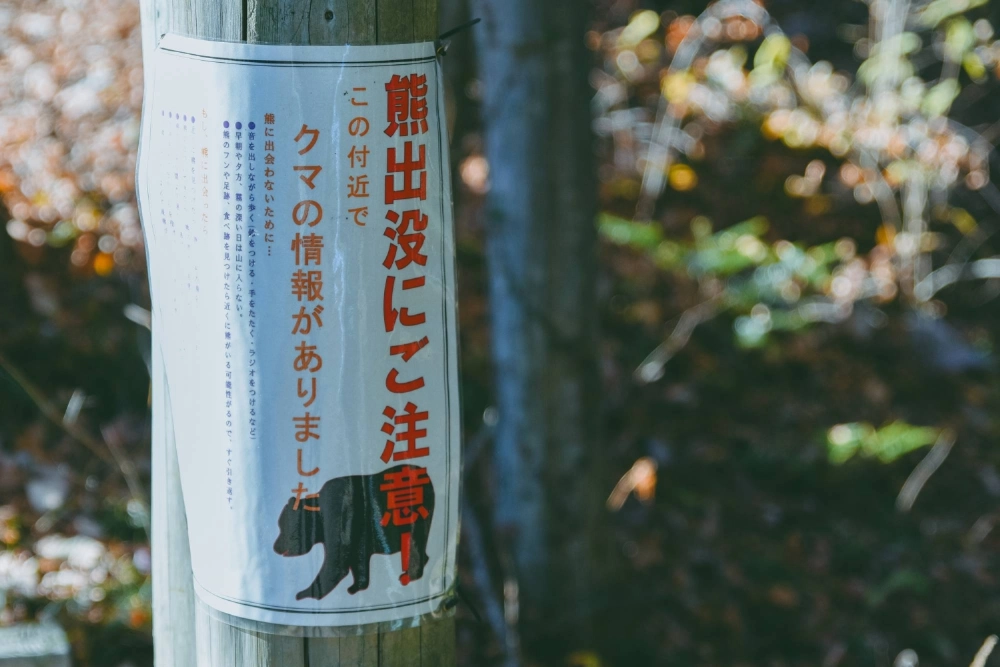Amid continuing reports of bear attacks throughout the nation, the Environment Ministry is looking to strengthen its measures to prevent damage from the animal entering residential areas.
The ministry is looking to step up support for securing and training local government staff to enable them to respond to bear sightings and attacks, and plans to allocate roughly ¥3.7 billion ($24.9 million) for designated wildlife control measures in its budget request for the next fiscal year, according to Jiji Press reports. This compares with ¥2.3 billion in fiscal 2023 and ¥2.6 billion in fiscal 2024.
It hopes to increase spending for such measures in line with the revision of the law that sets rules for wildlife hunting. The revised law, which takes effect on Sept. 1, allows people with hunting licenses to shoot wild animals, such as bears and wild boars, in populated areas at the discretion of local authorities after ensuring the safety of local residents.



















With your current subscription plan you can comment on stories. However, before writing your first comment, please create a display name in the Profile section of your subscriber account page.